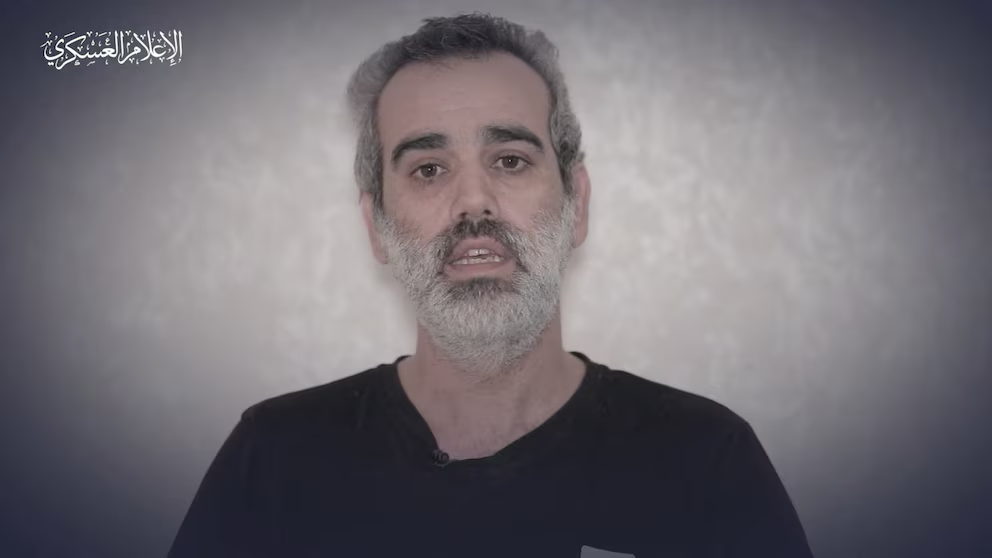The government announced the creation of two independent bodies to identify the disappeared and pursue transitional justice five months after the fall of Bashar al-Assad.

Syria’s new government announced on Saturday the establishment of two national commissions tasked with investigating the crimes committed under former President Bashar al-Assad and addressing the legacy of more than a decade of civil war and state repression.
According to an executive decree issued this weekend, the new authorities have created a commission on missing persons and another focused on transitional justice. The announcement comes five months after the ousting of Assad and the installation of a transitional leadership.
Both commissions will operate with “financial and administrative independence” and hold nationwide authority, aiming to identify perpetrators of past crimes and guide the country toward the rule of law and national reconciliation.
Following the outbreak of civil war in 2011, Assad’s regime responded with brutal crackdowns on civilian protests, leading to the death, detention, or disappearance of tens of thousands. Many remain unaccounted for to this day.
Upon his arrival in Damascus last December, interim President Ahmad al-Shara pledged to pursue justice for victims and hold those responsible to account, including officials involved in the use of heavy weaponry and chemical agents against civilians.
This commitment was later enshrined in the transitional constitution signed in March, which will remain in effect for five years and outlines justice and accountability as top priorities.
The Commission for the Disappeared will be responsible for investigating the fate of missing and forcibly disappeared individuals, documenting cases, establishing a national database, and providing legal and humanitarian support to families. Meanwhile, the Transitional Justice Commission will focus on uncovering the truth behind grave human rights violations committed by the former regime.
The two bodies are also expected to cooperate with relevant authorities, ensure accountability, offer reparations to victims, and entrench principles of non-repetition and national reconciliation.
“The pursuit of transitional justice is essential to building a rule-of-law state, ensuring victims’ rights, and achieving comprehensive national reconciliation,” the decree states.
Since taking power, Syria’s de facto new leadership has faced the monumental challenge of healing a deeply divided society devastated by years of war and repression. These efforts are further complicated by a weakened state apparatus and an ongoing economic crisis.
Seeking to distance himself from his predecessor, al-Shara has vowed to unite the population, include minority communities, and seek redress for all crimes committed during the Assad era.
The United Nations welcomed the move and stressed that the success of these initiatives will be vital to rebuilding the country.
“No political transition can succeed without accountability for serious human rights violations, careful preservation of evidence, and a meaningful reform of the security sector,” UN Human Rights Commissioner Volker Türk said earlier this year.
Keep Independent Journalism Alive
In a world flooded with noise, independent journalism is more vital than ever. We work hard to bring you clear, accurate, and unbiased international news — free from corporate or political influence.If you believe in the power of honest reporting, please consider making a donation. Every contribution, big or small, helps us stay independent and keep the world informed.
Support us via PayPalYour support makes a difference.


